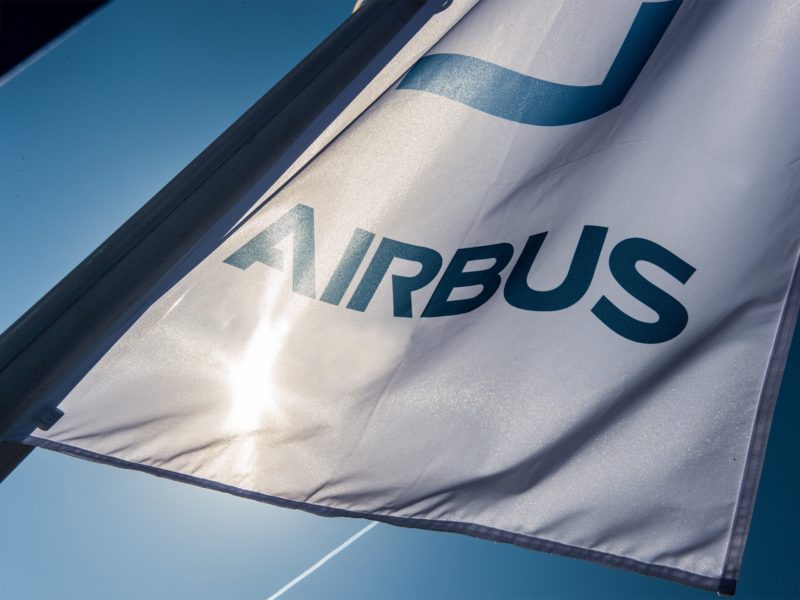Latest News

Photo: Airbus
Significant charges in the Space business impacted Airbus in its second quarter financial results, as CEO Guillaume Faury detailed changes to the Space business on July 30 to deal with the issues.
Airbus reported its first-half results for 2024 on July 30. Consolidated revenues increased 4% year-over-year with higher commercial aircraft delivered and higher volume in the Air Power business of Airbus Defence and Space.
However, consolidated adjusted EBIT decreased nearly 50% in H1 compared to the same time last year due to the charges in Space systems.
In June, Airbus announced the Space business recorded a 989 million euros ($1 billion) charge in the first half of 2024, due to commercial and technical challenges in certain satellite programs.
Faury told investors on a July 30 call after the company’s second quarter results the charges are mainly contained to telecom and navigation satellites, with limited crossover to Earth observation (EO). The charges came after Airbus completed an extensive technical review of its Space programs, assessing schedule impact, cost overruns, risks, and economic conditions.
Faury cited increased competition in the market and technology gaps in major programs.
“The market conditions have changed as we have seen an increased competition with some disruptive new players and, in particular, one disruptive new player,” Faury said. “We’ve not been properly balancing risks and rewards in the contracts we signed between 2018 and 2021. This included, for example, contracting major development programs with significant technological gaps to bridge without the proper contractual conditions and the right organization set up in front of it.”
The software-defined OneSat satellite program is one of the impacted programs. The OneSat program, billed as the next-generation telecommunications satellite, has experienced delays. When the first slate of OneSats were sold in 2019 and 2020 to Inmarsat, Optus, and Intelsat, the satellites were projected to launch in 2023. None have been delivered.
To deal with these issues, Faury said Airbus has restructured the Space segment. This involves implementing a selective strategy to evaluate whether to bid on contracts, requiring a higher technological maturity threshold before firm proceedings.
He said Airbus has also implemented integrated program teams over the value chain for engineering, procurement, operations, and smaller organizations. Airbus also launched a short-term cost containment exercise and a mid-term competitiveness plan.
Faury reported the new approach is starting to show in the average profitability of last year’s binding offers.
“We are evaluating all strategic options given the nature of the situation,” Faury said, indicating that portfolio review and potential M&A are being considered. Airbus and fellow European satellite manufacturer Thales Alenia Space are reportedly considering M&A related to their overlapping space activities, Reuters reported in July.
The Defence and Space business reported 2.59 billion euros in revenue in the second quarter of 2024, up slightly from the same time last year. Adjusted EBIT was negative 798 million euros, compared to positive 42 million euros in the same time last year.
Get the latest Via Satellite news!
Subscribe Now